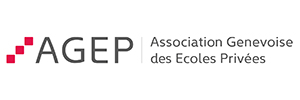We are a private school for students aged three to 12, representing more than 40 nationalities and major cultural and religious traditions. We teach in both French and English.
Students must have reached the entry age corresponding to their grade by 31st July at the latest. However, the Nursery (pink) class welcomes children who will reach their third birthday between 1st August and 31st December.
In general, students must complete a full year at Ecole Mosaic before being promoted to the next level. Admission from the month of January may result in the student repeating a year.


